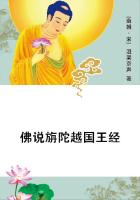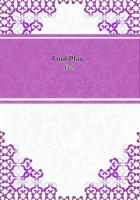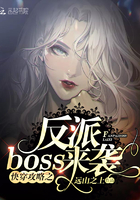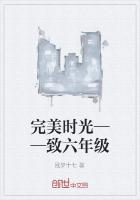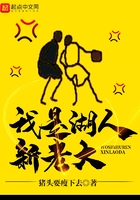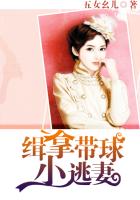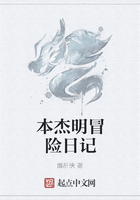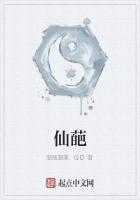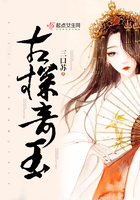The peace with England satisfied all classes of society interested in the national honour. The departure of the English commissary from Dunkirk, who had been fixed at that place ever since the shameful peace of 1763 as inspector of our navy, occasioned an ecstasy of joy.
[By the Treaty of Utrecht (1713) it was stipulated that the fortifications and port of Dunkirk should be destroyed. By the Treaty of Paris (1763) a commissary was to reside at Dunkirk to see that no attempt was made to break this treaty. This stipulation was revoked by the Peace of Versailles, in 1783.--see DYER'S "Modern Europe," 1st edition, vol. i., pp. 205-438 and 539.]
The Government communicated to the Englishman the order for his departure before the treaty was made public. But for that precaution the populace would have probably committed some excess or other, in order to make the agent of English power feel the effects of the resentment which had constantly increased during his stay at that port. Those engaged in trade were the only persons dissatisfied with the treaty of 1783. That article which provided for, the free admission of English goods annihilated at one blow the trade of Rouen and the other manufacturing towns throughout the kingdom. The English swarmed into Paris. A considerable number of them were presented at Court. The Queen paid them marked attention; doubtless she wished them to distinguish between the esteem she felt for their noble nation and the political views of the Government in the support it had afforded to the Americans. Discontent was, however, manifested at Court in consequence of the favour bestowed by the Queen on the English noblemen; these attentions were called infatuations. This was illiberal; and the Queen justly complained of such absurd jealousy.
The journey to Fontainebleau and the winter at Paris and at Court were extremely brilliant. The spring brought back those amusements which the Queen began to prefer to the splendour of fetes. The most perfect harmony subsisted between the King and Queen; I never saw but one cloud between them. It was soon dispelled, and the cause of it is perfectly unknown to me.
My father-in-law, whose penetration and experience I respected greatly, recommended me, when he saw me placed in the service of a young queen, to shun all kinds of confidence. "It procures," said he, "but a very fleeting, and at the same time dangerous sort of favour; serve with zeal to the best of your judgment, but never do more than obey. Instead of setting your wits to work to discover why an order or a commission which may appear of consequence is given to you, use them to prevent the possibility of your knowing anything of the matter." I had occasion to act on this wise advice. One morning at Trianon I went into the Queen's chamber; there were letters lying upon the bed, and she was weeping bitterly. Her tears and sobs were occasionally interrupted by exclamations of "Ah! that I were dead!--wretches! monsters! What have I done to them?" I offered her orange-flower water and ether. "Leave me," said she, "if you love me; it would be better to kill me at once." At this moment she threw her arm over my shoulder and began weeping afresh.
I saw that some weighty trouble oppressed her heart, and that she wanted a confidant. I suggested sending for the Duchesse de Polignac; this she strongly opposed. I renewed my arguments, and her opposition grew weaker. I disengaged myself from her arms, and ran to the antechamber, where I knew that an outrider always waited, ready to mount and start at a moment's warning for Versailles. I ordered him to go full speed, and tell the Duchesse de Polignac that the Queen was very uneasy, and desired to see her instantly. The Duchess always had a carriage ready. In less than ten minutes she was at the Queen's door. I was the only person there, having been forbidden to send for the other women. Madame de Polignac came in; the Queen held out her arms to her, the Duchess rushed towards her. I heard her sobs renewed and withdrew.
A quarter of an hour afterwards the Queen, who had become calmer, rang to be dressed. I sent her woman in; she put on her gown and retired to her boudoir with the Duchess. Very soon afterwards the Comte d'Artois arrived from Compiegne, where he had been with the King. He eagerly inquired where the Queen was; remained half an hour with her and the Duchess; and on coming out told me the Queen asked for me. I found her seated on the couch by the side of her friend; her features had resumed their usual cheerful and gracious appearance. She held out her hand to me, and said to the Duchess, "I know I have made her so uncomfortable this morning that I must set her poor heart at ease." She then added, "You must have seen, on some fine summer's day, a black cloud suddenly appear and threaten to pour down upon the country and lay it waste. The lightest wind drives it away, and the blue sky and serene weather are restored. This is just the image of what has happened to me this morning." She afterwards told me that the King would return from Compiegne after hunting there, and sup with her; that I must send for her purveyor, to select with him from his bills of fare all such dishes as the King liked best; that she would have no others served up in the evening at her table; and that this was a mark of attention that she wished the King to notice. The Duchesse de Polignac also took me by the hand, and told me how happy she was that she had been with the Queen at a moment when she stood in need of a friend. I never knew what could have created in the Queen so lively and so transient an alarm; but I guessed from the particular care she took respecting the King that attempts had been made to irritate him against her; that the malice of her enemies had been promptly discovered and counteracted by the King's penetration and attachment; and that the Comte d'Artois had hastened to bring her intelligence of it.


